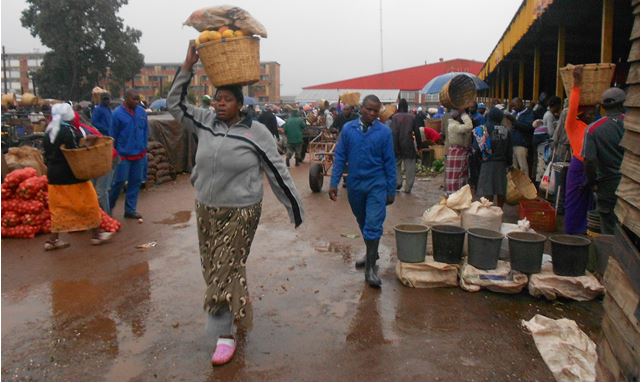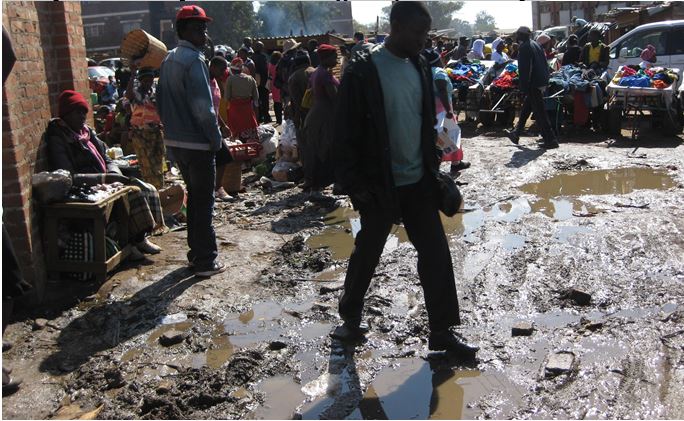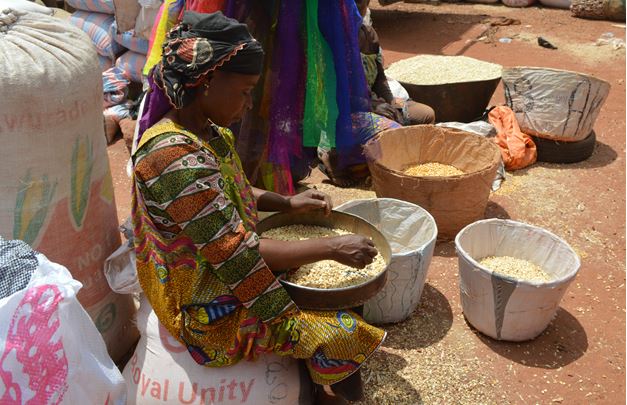Why linking farmers to the market is not enough
In spite of millions of dollars that have gone into market linkage initiatives in developing countries over the past few years, farmers still struggle to sell their commodities profitably. Post-harvest losses have not gone down, gluts continue to alternate with shortages and relationships between farmers and processors have not improved. This suggests market linkages is Read more about Why linking farmers to the market is not enough[…]










